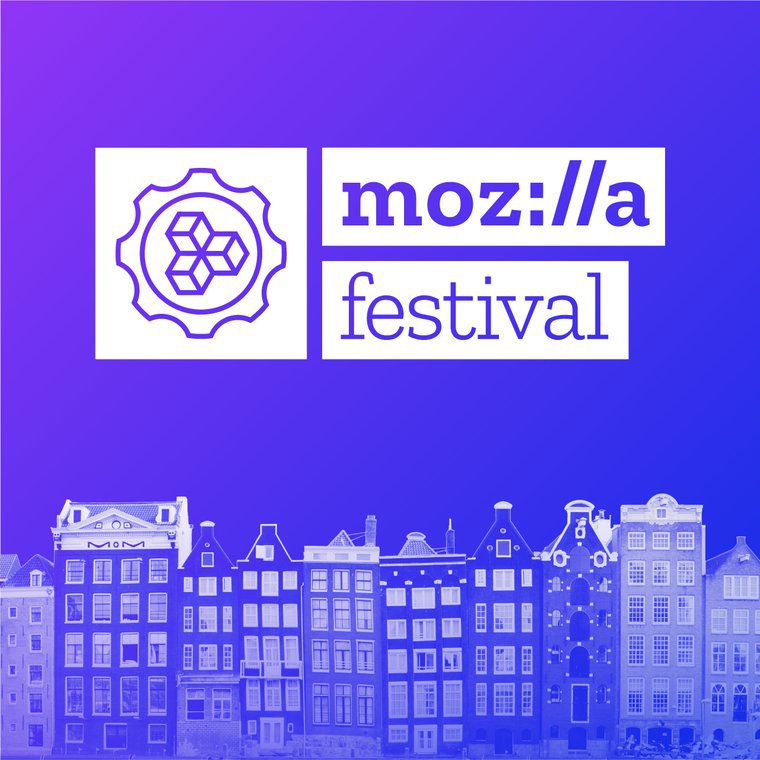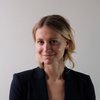
Openness is a core section of the yearly Mozilla Internet Health Report (2020). Openness has also been a core Space in previous MozFest editions. This year virtual MozFest brings new spaces and new themes to the festival, and openness makes a much-anticipated return.
In this Space, Wranglers sought to explore the very core definition of openness: the ability to publish, access, and invent freely and openly online. We selected sessions and workshops on open data, open educational curriculum development, open platforms, open hardware technologies, open data repositories, and APIs, and finally, unopen content moderation processes.
Media sessions and skillshare games!
This year, Openness received the second-highest number of proposals among other proposed Spaces. We accepted a fair balance of workshops and discussions as well as skillshare and media sessions. Six media and skill share sessions will be pre-recorded and available during the entirety of the festival. Some of our media sessions include two live podcasts Achter De Klik (in Dutch) and OpenScapes Podcast (in English), with American geographer and oceanographer Dr. Dawn Wright and a screening of the Dutch short: You are Your Profile. We also scheduled “fun” sessions like learning how to hack Tesla and the open collaborations or Open Governance game by the Amsterdam-based nonprofit, Foundation for Public Code.
The Openness Space this year also focuses on the promise of AI in fields such as education, the externalities of AI in moderating speech online, and preserving ecosystems and echo chambers of hate speech and misinformation. We include discussions from Facilitators from institutions such as the University of Liverpool, WZB Berlin Social Science Center, UK-Based FactMata, and grassroots network CheckMyAds.org.
Organizations you should look forward to hearing from
Several sessions accepted this year interrogate the data often used to train AI models and algorithms. These governance models shape these systems with sessions from the Wellcome Trust, Muckrock, MetaData 2020, The Wikimedia Foundation, and The Open Data Charter.
One session we accepted explores AI and multistakeholderism by Berlin-based Missions Publiques and its national strategic partners in Latin America, Africa, Europe, South, and Southeast Asia. “At a time when the Internet is becoming the backbone of our social interactions, the current pandemic reflected the urgency of this deliberative process. Our session will serve as an opportunity to empower civic engagement for a democratic multi-stakeholder and open internet,” affirms Raashi Saxena, a WEF Global Shaper and India-based project consultant.
The Openness Space features Facilitators from Europe, Africa, Asia, and the Americas, independent project leaders and representing grassroots, community-led, and established organizations spanning several time zones, Pacifist and Eastern Standard Time, as well as Coordinated Universal Time. The Space will also feature open walk-in booths for Wikimedians to highlight their project in the Wikimedia universe, exploring openness, credibility, and information reliability. You can also expect highlights and open conversations with the WikiCredibility Grant initiative community and Wikicred project featured projects.
Secure your MozFest ticket today! Find highlight sessions every day during MozFest on the @Mozillafestival Twitter account.
About The Authors

Ahmed Medien
Ahmed Medien is MozFest 2021 Wrangler, an angel investor, project manager, organizer, researcher, and at the World Economic Forum, Hacks Hackers, WikiCredibility Grant Initiative TruthandTrustOnline. His fields of expertise are fact-checking, online misinformation, and digital content safety.
Caleb Kibet
Caleb is a 2019/2020 Mozilla Open Science Fellow, a Bioinformatician at icipe and H3ABioNet, and an adjunct lecturer at Pwani University. Caleb obtained a Ph.D. in Bioinformatics from Rhodes University, South Africa, in 2017. Caleb’s research focuses on using machine learning approaches to predict insect genomes’ regulatory sites and contribute to knowledge and tools to mitigate the risk of disease transmitted by insects.
Sadik Shahdu
Sadik is a professional project manager, researcher, and digital marketing strategist with a demonstrated history of working in the internet industry. I am passionate about Open Education, Open Data, and Open Source Technology. He is a regional ambassador for Indigenous Community at Art+Feminism.
MozFest is part art, tech and society convening, part maker festival, and the premiere gathering for activists in diverse global movements fighting for a more humane digital world. To learn more, visit www.mozillafestival.org.
Sign up for the MozFest newsletter here to stay up to date on the latest festival and internet health movement news.






